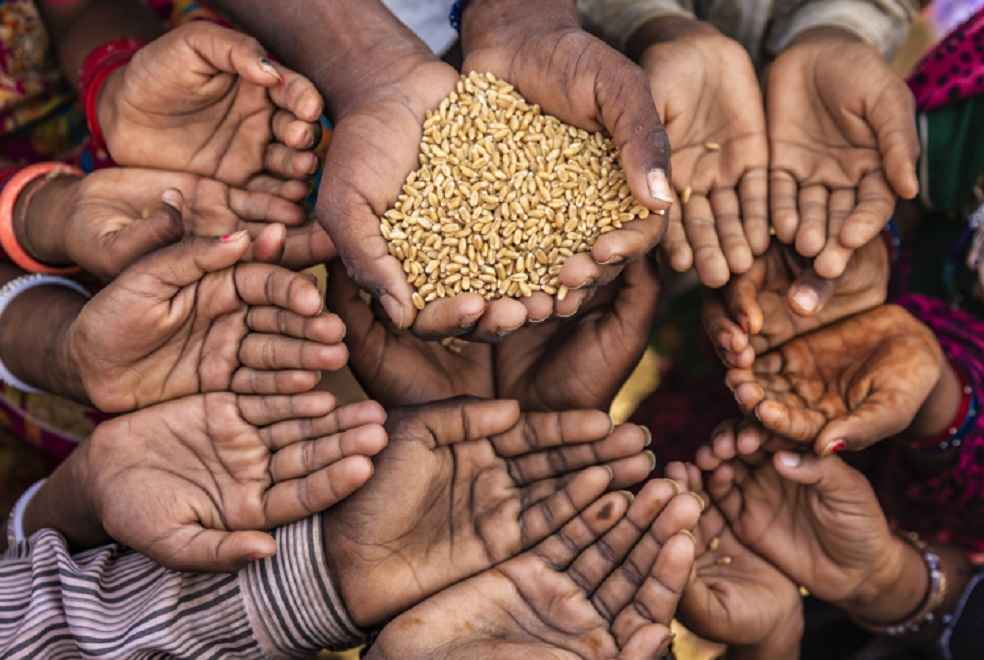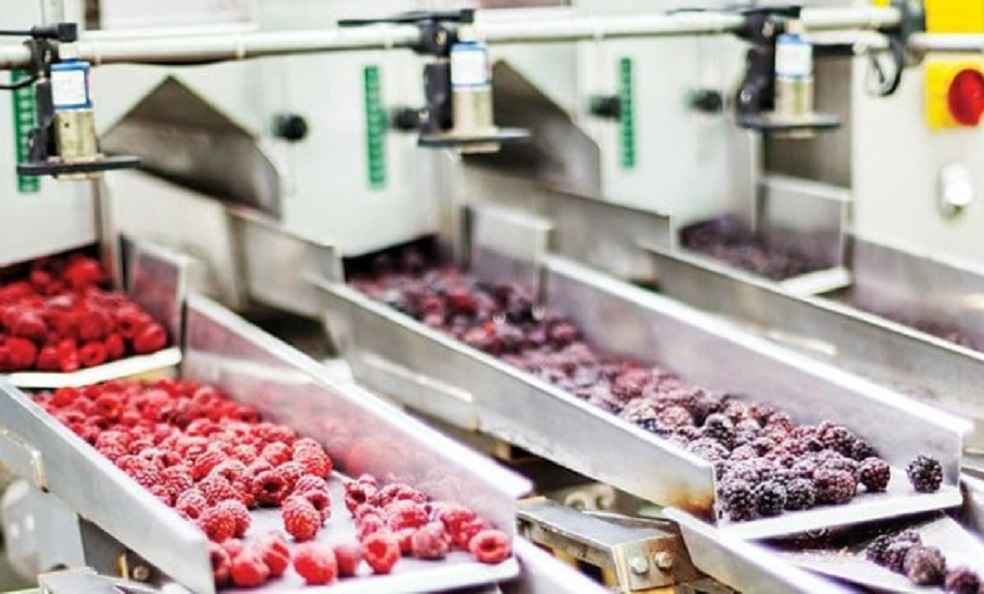Indonesia’s bold ambition to emerge as the world’s food barn by 2045 has encountered serious skepticism from the Institute for Development of Economics and Finance (Indef). Deputy director Eko Listyanto presented a stark analysis, pointing to the formidable challenges posed by competitors within ASEAN, such as Thailand and Vietnam, whose agricultural achievements already overshadow Indonesia’s efforts.
Eko highlighted a crucial dependency, noting that Vietnam has become a key supplier of rice to Indonesia. This reliance on imports underscores significant gaps in Indonesia’s self-sufficiency. He questioned whether the nation could realistically achieve its lofty goal, especially when neighboring countries have already established themselves as major agricultural hubs.

While Indonesia holds the title of the world’s largest crude palm oil (CPO) producer, Eko stressed the importance of advancing beyond raw material exports. The next critical step involves developing value-added products from CPO to strengthen Indonesia’s economic position on the global stage. Without this shift, Indonesia risks stagnation despite its vast production capabilities.
Addressing the increasing reliance on food imports, Eko urged a strategic focus on securing domestic production of staples such as rice, sugar, soybeans, and garlic over the next 20 years. He suggested that achieving self-reliance in these key areas would be a significant accomplishment, even if the broader dream of global food dominance remains elusive.

Eko also pointed to the need for a strategic road map, underpinned by robust institutional frameworks and sufficient budget allocations. This plan would aim to decrease dependency on imports while setting a realistic course for the nation’s agricultural future.
LATEST NEWS | Indonesia Seeks End to New Zealand WTO Food Import Dispute



